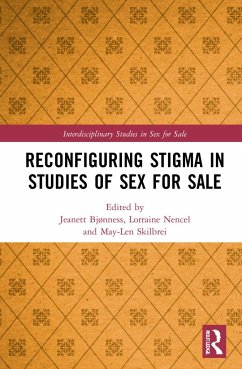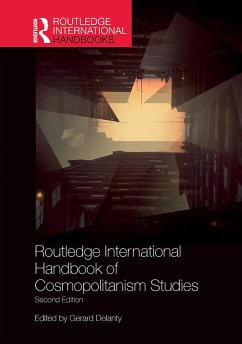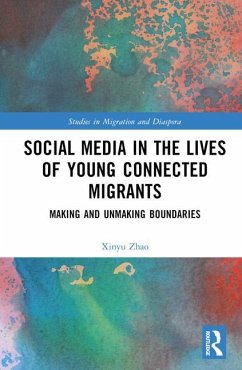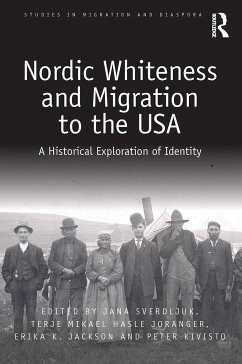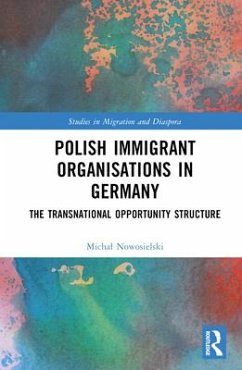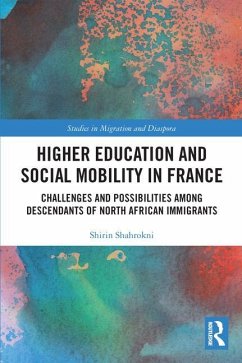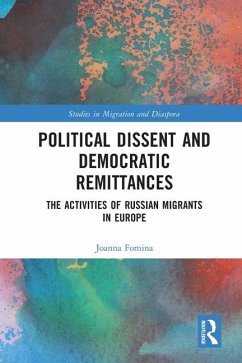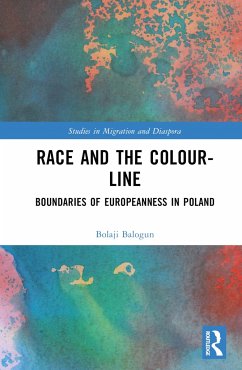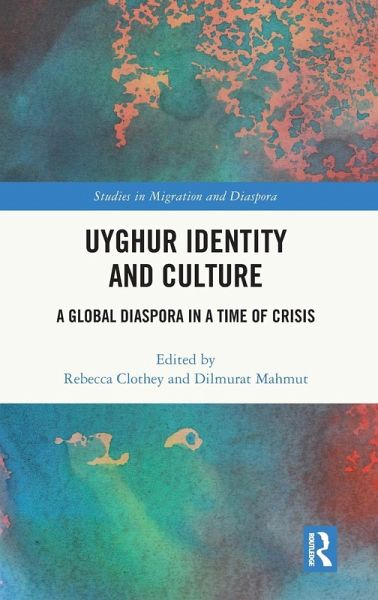
Uyghur Identity and Culture
A Global Diaspora in a Time of Crisis
Herausgegeben: Clothey, Rebecca; Mahmut, Dilmurat
Versandkostenfrei!
Versandfertig in 6-10 Tagen
154,99 €
inkl. MwSt.
Weitere Ausgaben:

PAYBACK Punkte
77 °P sammeln!
Uyghur Identity and Culture brings together the work of scholars, activists, and native Uyghurs to explore the history and growing challenges that the Uyghur diaspora face across the globe in response to shifting government policies forbidding many forms of cultural expression in their homeland.The collection examines how and why the Uyghur diaspora, dispersed from their homeland to communities across Australia, Central Asia, Europe, Japan, Türkiye, and North America, now has the responsibility to preserve their language and cultural traditions so that these can be shared with future generati...
Uyghur Identity and Culture brings together the work of scholars, activists, and native Uyghurs to explore the history and growing challenges that the Uyghur diaspora face across the globe in response to shifting government policies forbidding many forms of cultural expression in their homeland.
The collection examines how and why the Uyghur diaspora, dispersed from their homeland to communities across Australia, Central Asia, Europe, Japan, Türkiye, and North America, now has the responsibility to preserve their language and cultural traditions so that these can be shared with future generations. The book critically investigates the government censorship of Uyghur literatures and Western media coverage of the Uyghurs, while centralizing real reflections of those who grew up in the Uyghur homeland. It considers the geographical and psychological pressures that the Uyghur diaspora endure and highlights the resilience and creativity of their relentless battle against cultural erosion.
Uyghur Identity and Culture is a key contribution to diaspora literature and calls to attention the urgent need for global action on the ongoing human rights violations against the Uyghur people. It is essential reading for those interested in the history and struggles of the Uyghur diaspora as well as anyone studying sociology, race, migration, culture, and human rights studies.
The collection examines how and why the Uyghur diaspora, dispersed from their homeland to communities across Australia, Central Asia, Europe, Japan, Türkiye, and North America, now has the responsibility to preserve their language and cultural traditions so that these can be shared with future generations. The book critically investigates the government censorship of Uyghur literatures and Western media coverage of the Uyghurs, while centralizing real reflections of those who grew up in the Uyghur homeland. It considers the geographical and psychological pressures that the Uyghur diaspora endure and highlights the resilience and creativity of their relentless battle against cultural erosion.
Uyghur Identity and Culture is a key contribution to diaspora literature and calls to attention the urgent need for global action on the ongoing human rights violations against the Uyghur people. It is essential reading for those interested in the history and struggles of the Uyghur diaspora as well as anyone studying sociology, race, migration, culture, and human rights studies.





